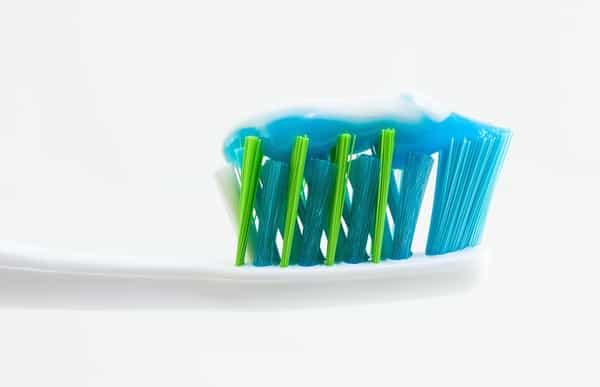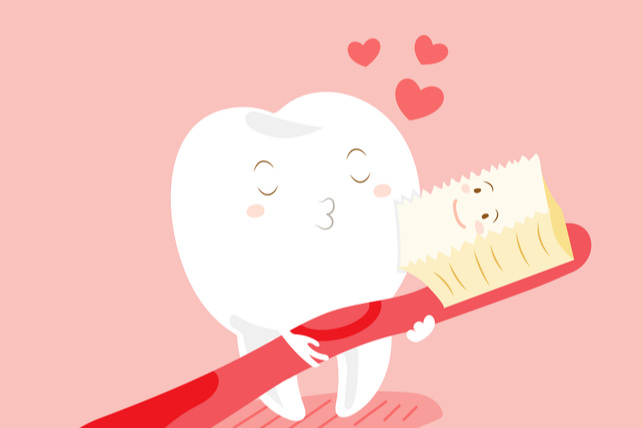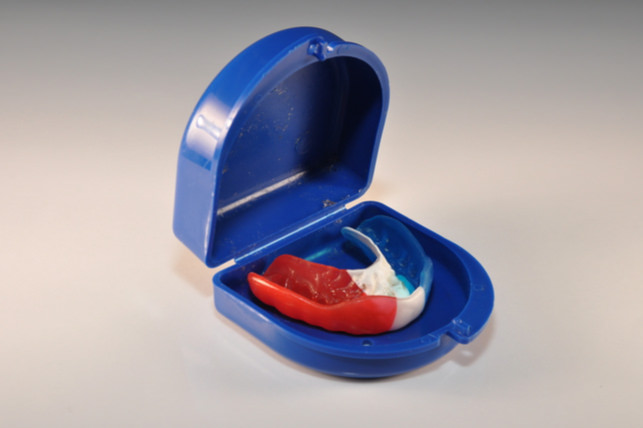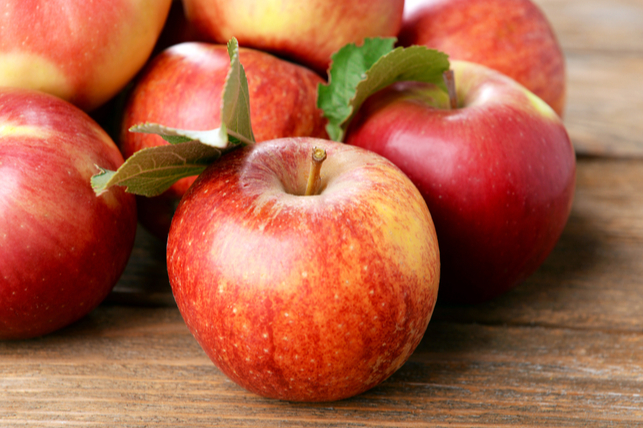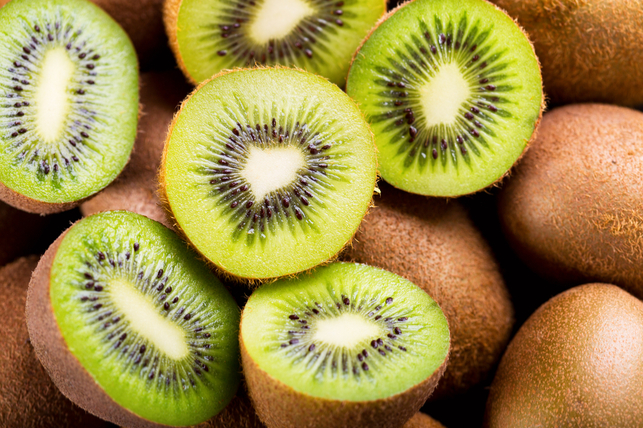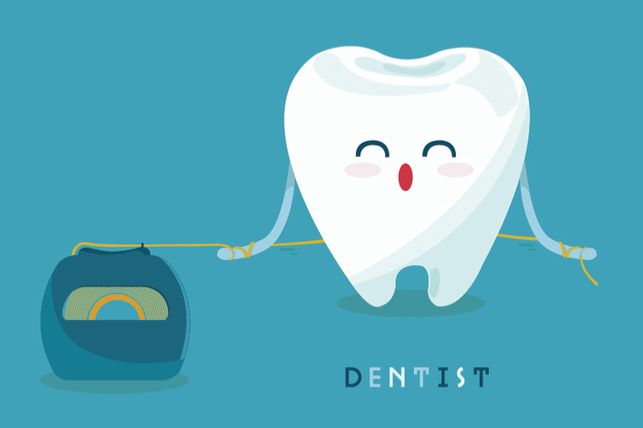St. Patrick’s day can be a fun holiday for the whole family to celebrate. This year, try making some mouth-healthy green treats that your family will love so much they may pinch you!
Super Green Super Food Smoothie
This super green smoothie is fantastic for cooling down on a warm spring day. The kale gives it a mouth-healthy kick with calcium and vitamin-B. Calcium strengthens teeth, and B vitamins help treat and prevent gingivitis, often called gum disease.
Ingredients:
-
2 frozen bananas
-
2 cups kale, packed
-
2 tbsp chopped mint, packed
-
1/2 tbsp cocoa powder
-
2 cups coconut milk
-
1/2 cup of apple juice
Directions:
Add all ingredients into a blender and blend until smooth. You can add more ice to the mixture to give it more of a frozen body, if required. You can also add more mint to your liking, or garnish with fresh mint leaves.
Yogurt and Kiwi Popsicles
Yogurt is high in calcium and casein, but it also contains a high amount of healthy bacteria. Healthy bacteria in yogurt helps fight the bad bacteria that can stick to your teeth, and lead to cavities. The best news is that yogurt and fruit popsicles are a fun way to get a healthy serving of calcium and super easy to make. Kiwi is a great, green fruit that is high in vitamin C, which helps boost gum health.
Ingredients:
1 cup frozen kiwi
1 cup nonfat plain yogurt
3 tablespoon honey
Directions:
1 – In a blender, combine frozen kiwi and 2 tablespoons of honey and purée.
2 – In a separate bowl, combine yogurt with one tablespoon honey and mix.
3 – Place alternate layers of yogurt and fruit puree in small paper cups, or ice cube tray. Place a popsicle stick in the center of the cup, and put them in the freezer until they are solid.
A Healthy Diet is Important for Strong Teeth
A proper oral health routine should incorporate a mouth-healthy diet for the best results. Try giving your child more leafy green vegetables, healthy proteins like nuts and yogurt, and encourage them to drink more water, which keeps teeth clean and helps fight cavities. If you have questions about your child’s diet, then visit our office. We’ll discuss mouth-healthy options that can help your child earn a healthier smile.


